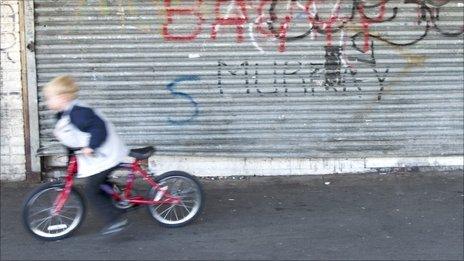Taunton kinship carer calls for better financial help
- Published
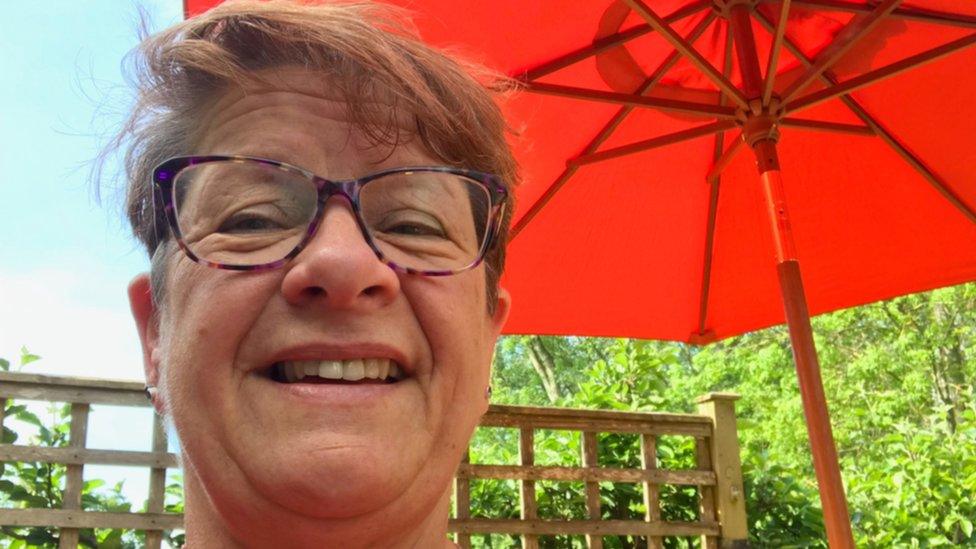
Guardian Melanie said she was penalised for being in work and not given financial help
A guardian is backing a campaign calling for the government to give more help to families caring for a child.
A recent study, external from the charity Kinship found the average weekly pay for kinship carers was £40 less than the lowest fostering allowance.
Melanie, from Taunton in Somerset, is a guardian for her granddaughter and said she was penalised for being in work and not given any financial help.
The government said it will be giving councils funds to help kinship carers.
Kinship is a national charity that supports family members and friends caring for a child when a parent is unable to look after them.
It is campaigning for kinship guardians to get the same recognition as foster carers.
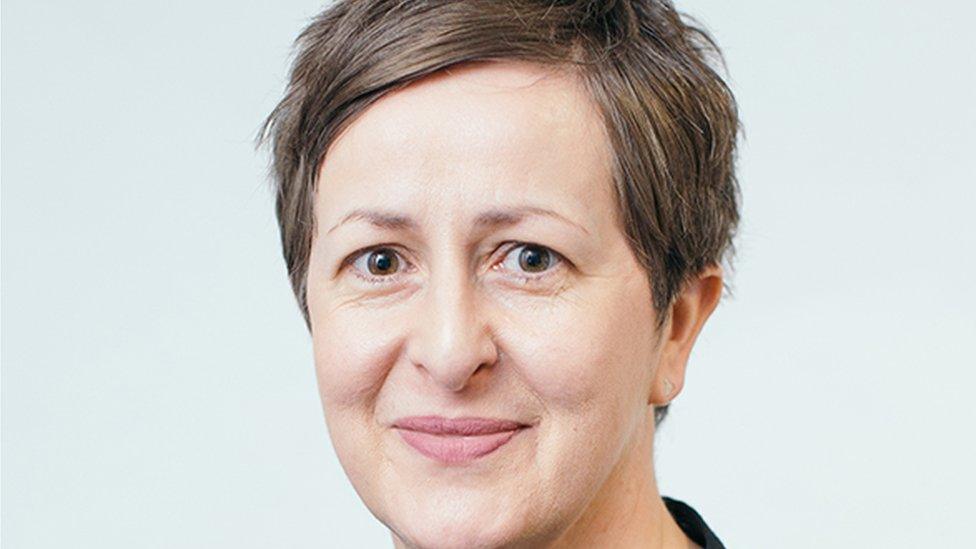
Kinship CEO Lucy Peake said allowances need to be fair
Melanie said: "The system for kinship carers is convoluted and not fair, we don't get the same support and financial help that foster carers get."
Her daughter, who is an addict suffering with mental health issues, came to stay with her and then left her with her child.
"It was a little bit of a shock," she added.
"You don't quite think about the long-term financial commitment, as well as the emotional commitment and support you have to give.
"A lot of kinship carers haven't got looked after child status and as you get swept along on this assessment route, no one really explains what that means or gives you the option.
"We could have got paid for childcare, respite and therapy."
'Stepping up'
Looked after child status is a term used to describe a child who has been put into the care of their local authority.
She added: "We are no different from foster carers, so why are we treated different?"
Kinship CEO Lucy Peake said: "It's time to make allowances fair.
"The impact of the lack of financial support is that kinship carers, who have done the right thing in stepping up to care for children, are plunged into poverty."
A spokesperson for the department for health and social care said: "Councils are receiving an extra £3.2 billion to deal with pressures arising due to the pandemic, including to help kinship carers, as we recognise the challenges they are facing."
Related topics
- Published31 March 2021

- Published6 January 2021
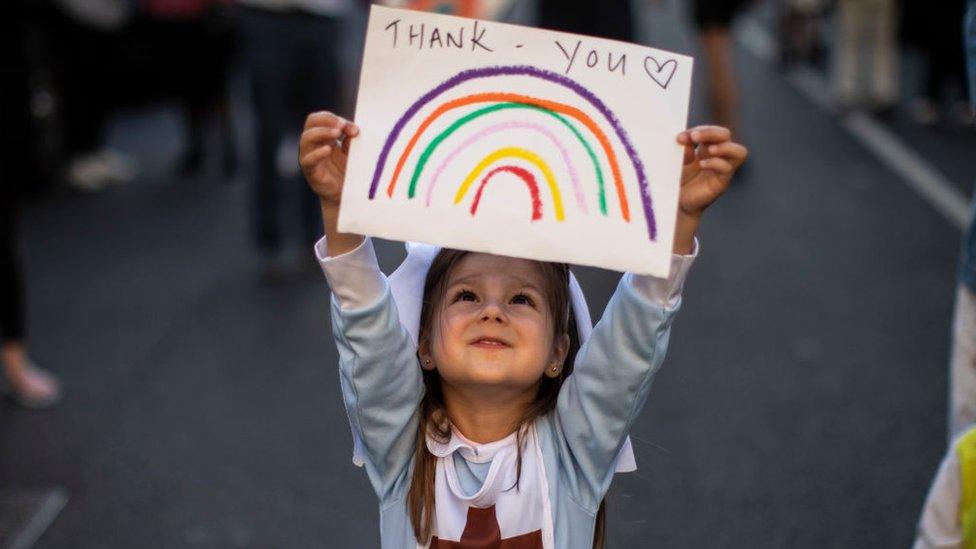
- Published29 October 2019
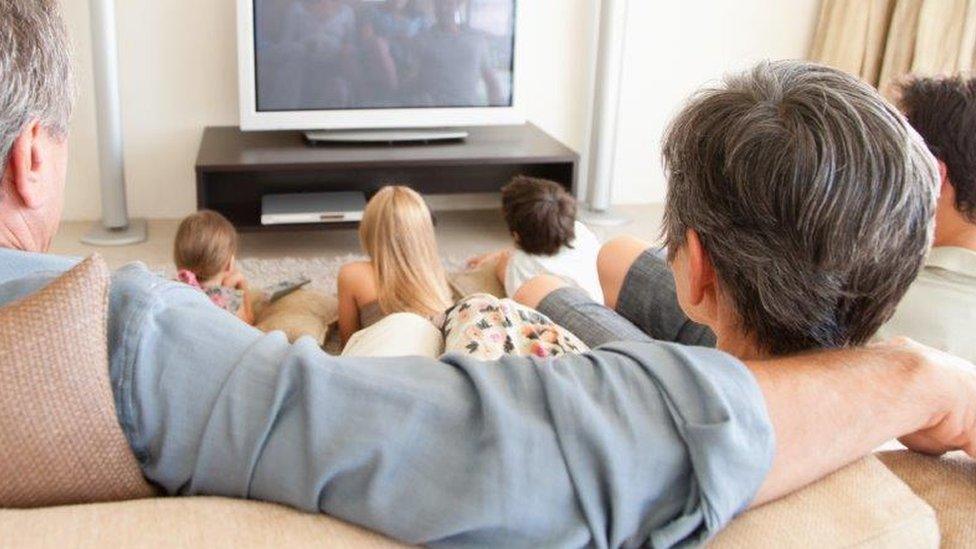
- Attribution
- Published16 October 2019
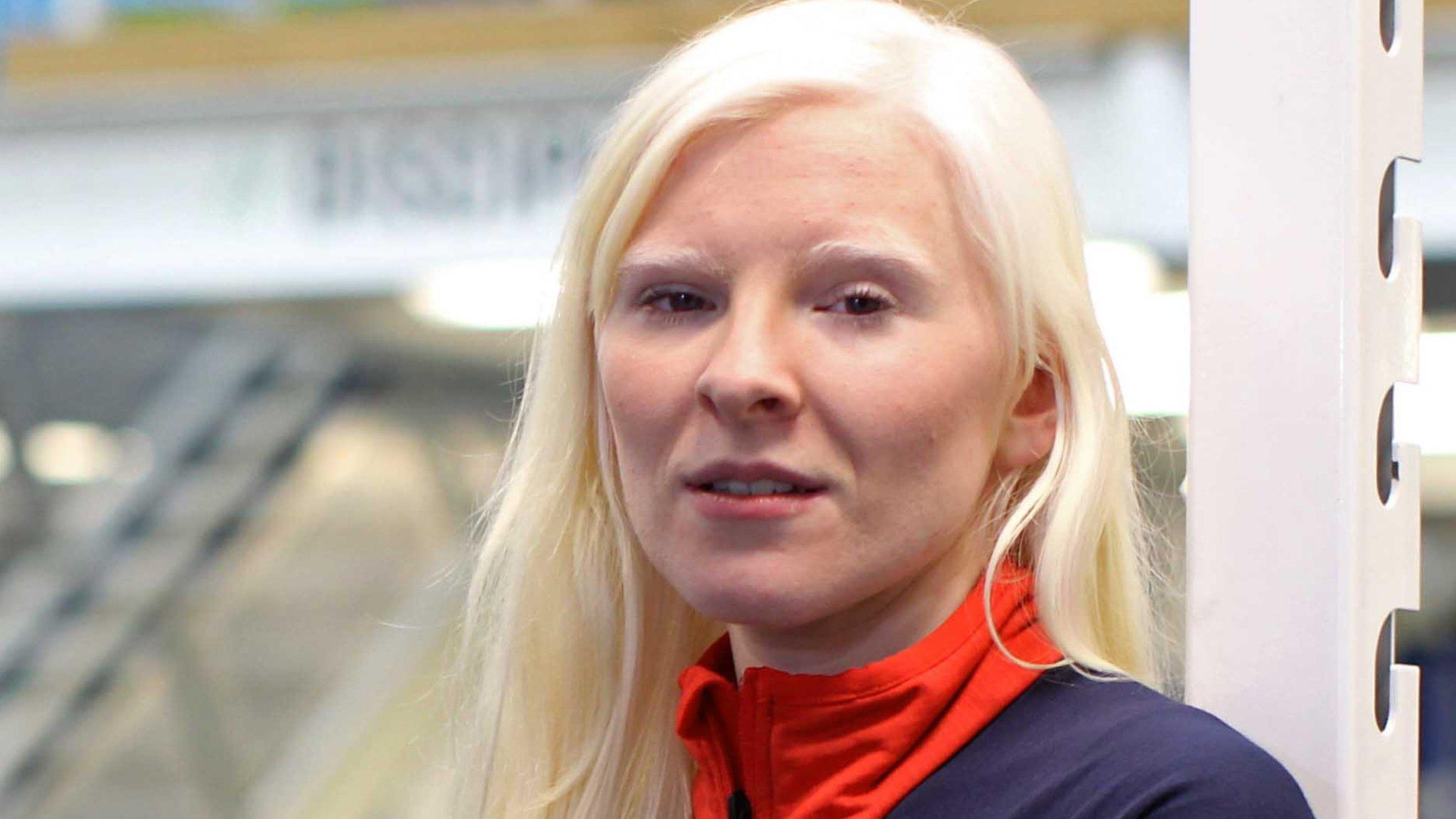
- Published7 June 2019
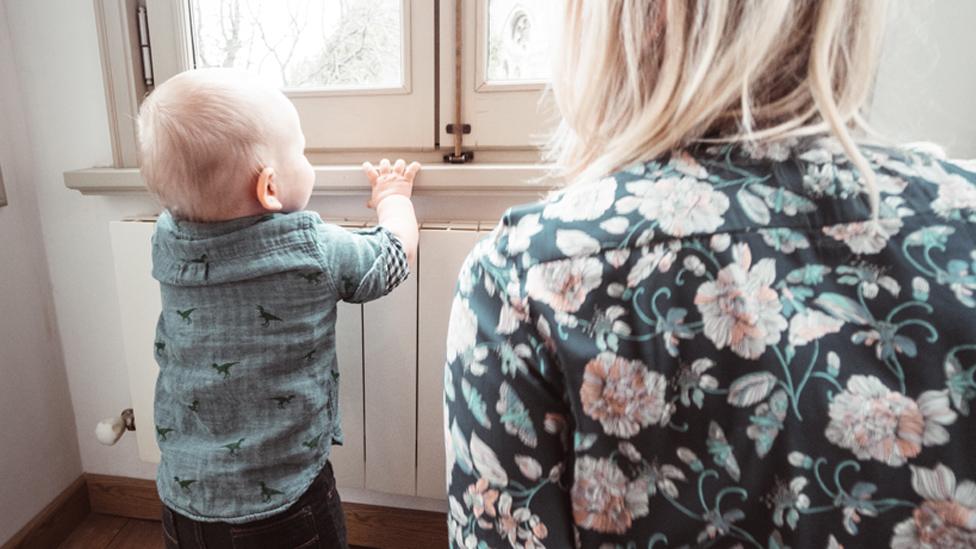
- Published16 June 2011
